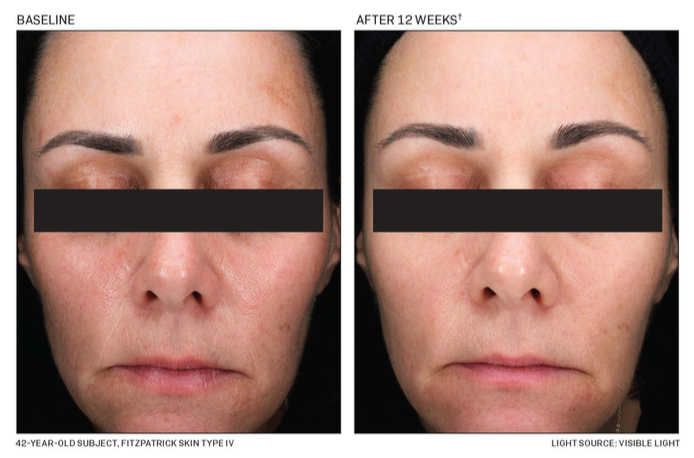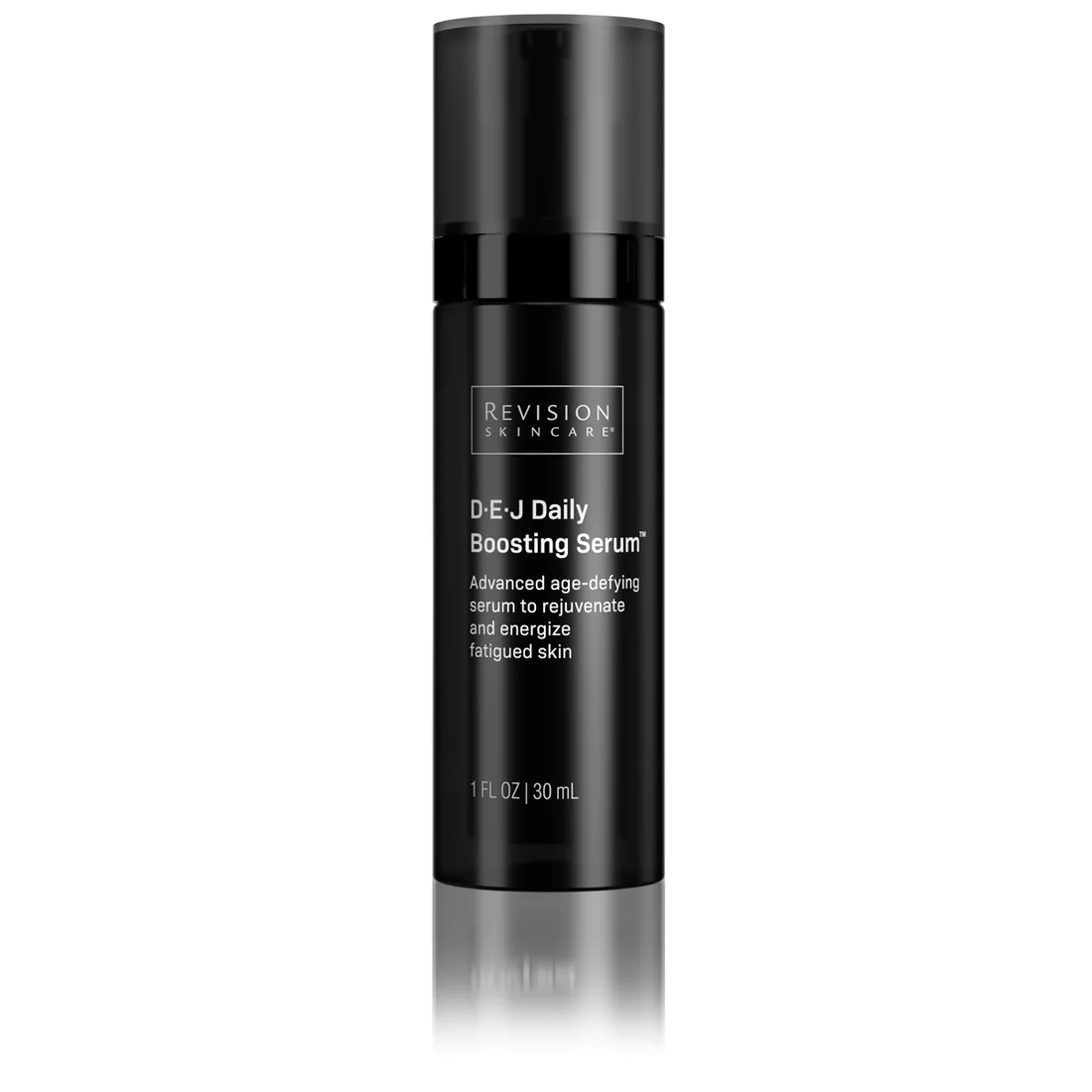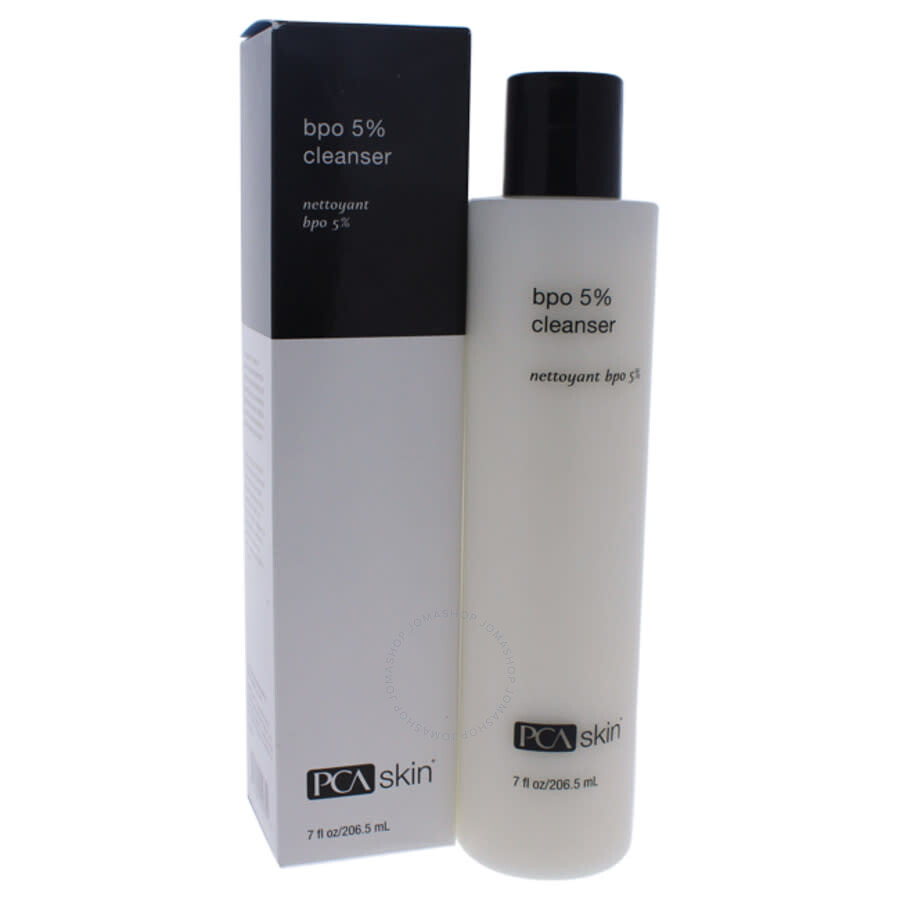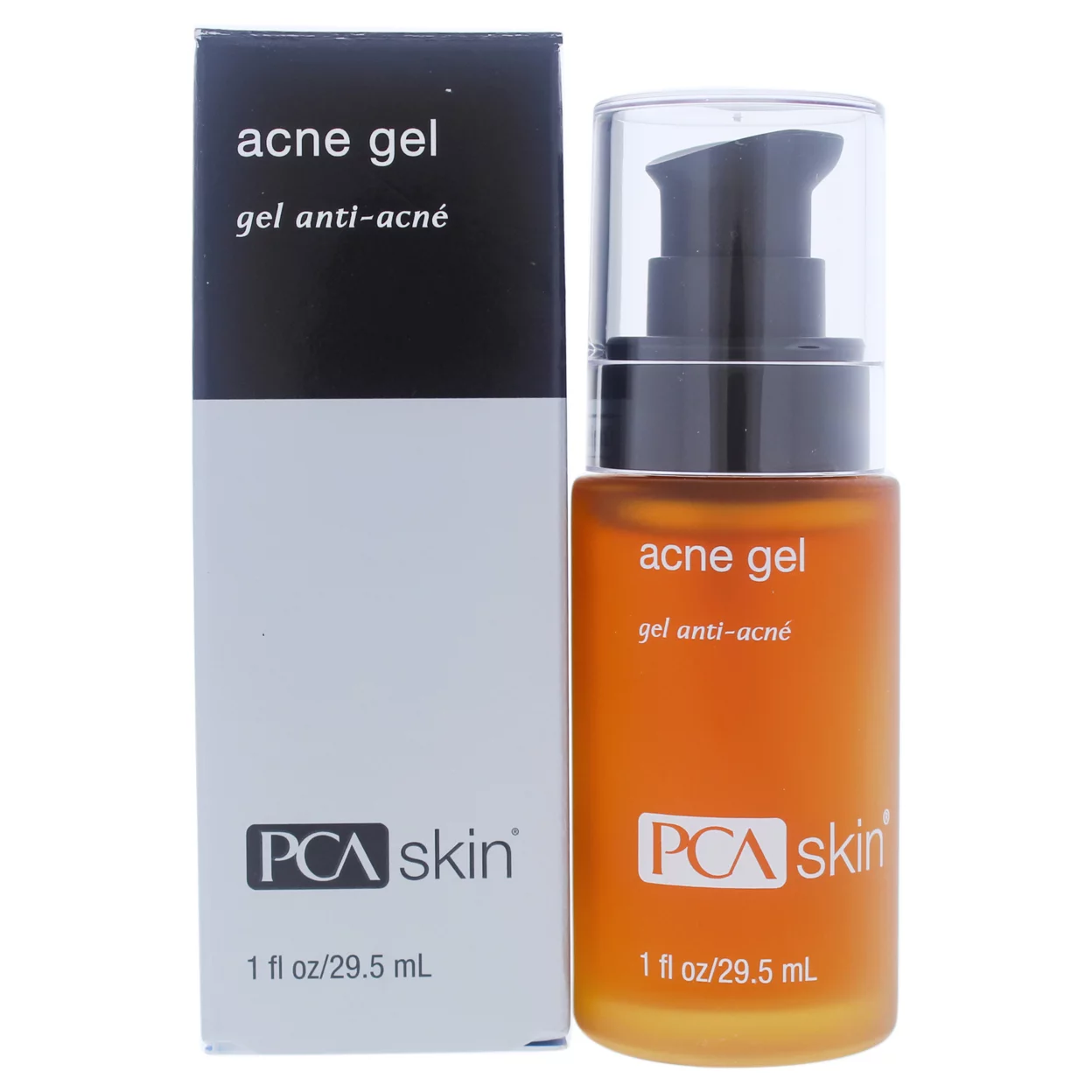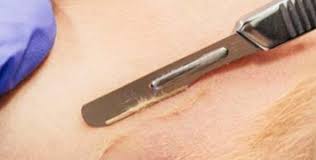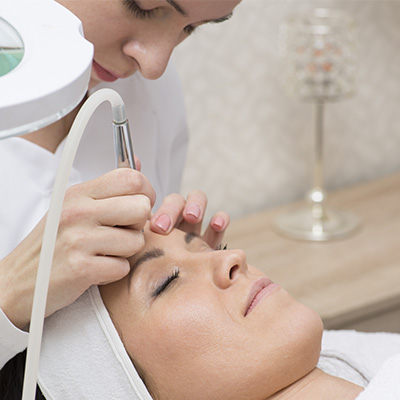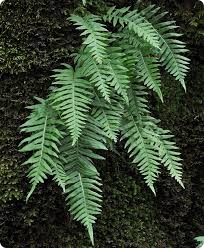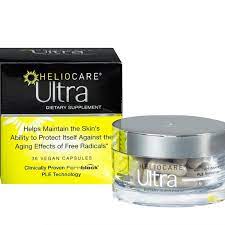All about the NEW Revision DEJ Daily Boosting Serum!
Breakthrough Innovation Boosts Skin’s Age-Defying Energy and Optimizes Skin Appearance
Revision Skincare, a leading medical-grade professional skincare brand, launches its newest innovation in their D-E-J Age-Defying Power Regimen: Revision DEJ Daily Boosting Serum. Designed to improve the healthy function of the skin’s Dermal-Epidermal Junction (DEJ), a critical factor in skin aging, this energizing serum visibly improves radiance and skin firmness while reducing the appearance of fine lines and overall photodamage.
When skin is functioning optimally, it produces all the energy it needs, but over time these levels decline, and due to both intrinsic and extrinsic stressors, skin becomes fatigued. When fatigued skin is unable to behave as it once did, skin can recapture its youthful vitality with the support of an age-defying, cellular energy boost. Revision DEJ Daily Boosting Serum is formulated with patented Sunflower Sprout Extract Technology that is proven to boost skin’s cellular energy, so skin can act younger
“Our unique Sunflower Sprout Extract contains vital molecules that were shown to have an important role in neurobiology. Knowing that the brain and skin develop from the embryonic ectoderm, the Revision Skincare Research and Clinical Development team hypothesized that Sunflower Sprout Extract would be equally important in skin health,” explains Dr. Alisar Zahr, Director of Research & Development, Revision Skincare.” We performed preclinical studies to test this hypothesis and found that Sunflower Sprout Extract was able to light up genes associated with skin barrier health as well as improving cellular mitochondrial energy.”
In addition to Sunflower Sprout Extract, the serum contains a robust antioxidant blend, Acetyl Hexapeptide-1, and other efficacious ingredients to help protect the skin’s energy source, support skin’s natural collagen and elastin, improve noticeable wrinkles, loss of skin elasticity, rough skin texture and uneven skin tone, all while strengthening the skin barrier*.
Revision DEJ Daily Boosting Serum works quickly to deliver visible results, with significant improvements in skin appearance over time, according to clinical studies that show:
Immediately after use (within 15 minutes*)
- 83% of study participants agreed their skin looked hydrated
- 75% felt their complexion was vibrant and skin appeared plump
After just 7 days* D-E-J Daily Boosting Serum is clinically proven to increase skin radiance, smooth skin texture, and reduce the appearance of fine lines. Additionally:
- 100% of study participants agreed that their overall skin appearance was improved, and their skin’s youthful vitality was boosted
After 12 weeks*, the following average improvements from baseline were seen:
- 41% average improvement in the appearance of skin roughness
- 28% average improvement in the appearance of skin firmness
- 22% average improvement in the appearance of fine lines (crow’s feet area)
- 20% average improvement in the appearance of skin tone evenness (redness)
“From our inception, Revision Skincare has been focused on launching industry-first technologies generating clinically-validated results, and D-E-J Daily Boosting Serum is no different,” adds Maria Carell, CEO and President, Revision Skincare. “We’re excited to continue offering our customers efficacious products that offer results for their overall skin health, both in the short and long term.“
Revision DEJ Daily Boosting Serum joins Revision Skincare’s powerhouse DEJ Age-Defying Power Regimen consisting of DEJ Eye Cream ®, DEJ Face Cream ®, and DEJ Night Face Cream ®. The regimen is available at revisionskincare.com, Dermstore, or your local dermatologist’s office.
Before & After Revision DEJ Daily Boosting Serum
